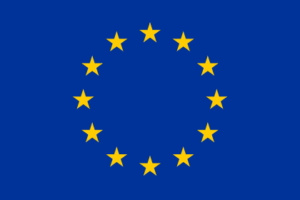Authors: Cerrato S., Balli E.
Cerrato S., Balli E. (2024), The Step Change Navigator, ECSA, Berlin
Energy communities | Germany
Harnessing solar potential: a citizen science voyage in Germany
This section embarks on a journey to explore a citizen science initiative in Germany focused on unlocking the untapped potential of photovoltaic systems in multi-family buildings. These buildings, housing over half of Germany’s apartment dwellers, offer a significant opportunity for sustainable energy generation.
Following the legislative wind
The Tenant Electricity Law, introduced in 2017, serves as a favourable wind, creating incentives for residents and tenants to increase self-consumption, reduce energy costs, adapt their energy use, and contribute to CO2 mitigation. This law allows for neighbourhood electricity sharing mechanisms, paving the way for a more sustainable urban energy landscape.
Charting a course for change
Despite the law’s potential, the tenant electricity model remains underutilised in multi-family buildings, presenting a vast uncharted territory for exploration. This citizen science initiative set out to navigate these uncharted waters, focusing on the model’s potential in this setting.
Assembling a diverse crew
The project embraced an inclusive research approach, bringing together a diverse crew of citizen scientists, scientists, policymakers, and private sector representatives. This collaborative effort aimed to investigate the barriers and drivers influencing the adoption of the tenant electricity model, while also exploring the motivations of citizen scientists participating in the initiative. Additionally, the research delved into the behavioural changes experienced by the citizen scientists (based on the energy culture concept) due to their involvement in local electricity production and consumption.
Unforgettable encounters
The most rewarding aspect for the research team was witnessing the positive shifts in the energy culture of the citizen scientists. One tangible outcome was observed through the feedback provided on energy data collected from installed smart metres. This data revealed an average reduction in electricity consumption for over half of the participating households compared to the project’s initial phase.
User Type
- Citizen scientist/civil society organization
- Researcher/research institution
Resource type
- Case studies
- Projects/project examples
Research Field
- Engineering and Technology



